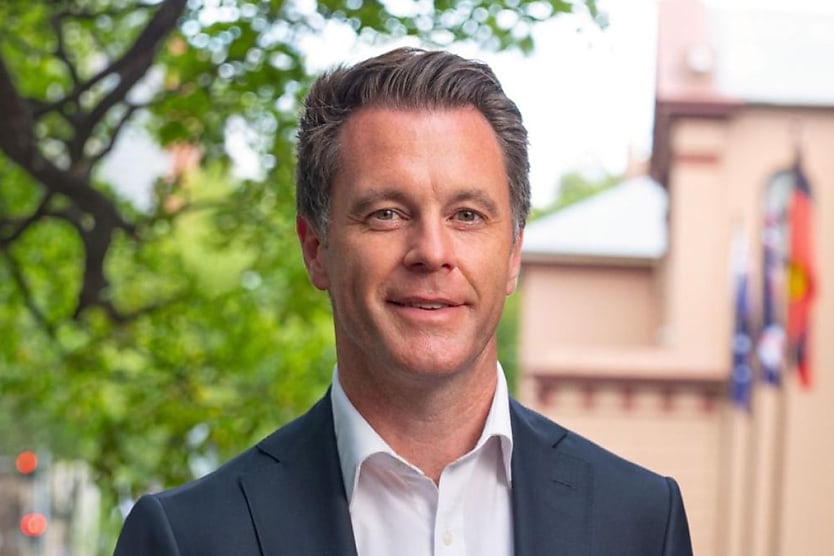NSW government’s working-with-children reforms ‘cautioned’ by barristers
SHARE THIS ARTICLE

Following the Albanese government’s push for reforms in the childcare sector, the Minns government has followed suit, announcing changes to working-with-children checks.
After allegations of abuse were made against a former childcare worker operating in Victoria, both federal and state governments were quick to implement legislative reforms to ensure that similar actions and behaviour did not arise.
Just last week, Labor’s Strengthening Regulation of Early Education Bill passed through Parliament, allowing the government to strip childcare employers of the Child Care Subsidy (CCS) payments if they habitually fail to meet safety standards.
Speaking on the bill when it was introduced, Labor’s Education Minister, Jason Clare, said it could take as much as “one breach” for childcare employers’ funding to be cut.
“It could be as simple as one [breach],” Clare told the ABC.
“This will give us the power to issue a show cause notice to a centre and say we will shut it within 28 days unless they meet that minimum standard.”
“The safety and protection of children in early childhood education is our highest priority,” said Clare.
Now, the Labor government in NSW, led by Premier Chris Minns, has moved to strengthen the Working with Children Check (WWCC). The proposed reforms will leave only the independent child safety regulator – the Office of the Children’s Guardian – as responsible for reviewing WWCC decisions.
This reform will remove external pathways of appeals that often occur through the NSW Civil and Administrative Tribunal (NCAT), as the Labor government claimed that people with serious convictions – including for sexual assault – can currently appeal a WWCC refusal to NCAT.
“Keeping children safe – whether they’re in a classroom, an early learning centre, or the care of adults in any setting must be a national priority,” said Minns.
“These reforms send a clear message that the safety of children comes first.”
The government claimed that in past cases, people with serious contraventions received ‘enabling orders’ through NCAT despite having previously been deemed ineligible or disqualified to work with children.
This, however, was questioned by the NSW Bar Association, which cautioned against the reforms while acknowledging the “paramount consideration” of protecting children.
“Under the Child Protection (Working with Children) Act 2012 (NSW), ensuring ‘the safety, welfare and wellbeing of children and, in particular, protecting them from child abuse, is the paramount consideration in the operation of this act’. A close examination of the law, to ensure it meets this critical aim, is appropriate,” said Dominic Toomey SC.
“However, the association cautions against reforms that erode a person’s right to an external review of an administrative decision.
“Errors in administrative decision making are not uncommon. That’s why courts and tribunals have review powers. An external review by a court or tribunal is a critical protection from unfair, improper or incorrect decisions by government agencies.
“This is a particularly important safeguard in circumstances where a decision has the potential to damage a person’s livelihood or reputation.”
The association did not comment on whether the NSW government’s proposed reforms have “struck the appropriate balance”, but it did call on the government to enter more nuanced consultation.
“Rather than rushing an untested bill through Parliament, the association has called on the NSW government to consult stakeholders and the wider community to ensure these proposed reforms are reasonable and fit for purpose,” it said.
Speaking on the proposed reforms, the Minister for Families and Communities, and Disability Inclusion, Kate Washington, said: “We’re strengthening the system so it works as intended – to keep children safe.
“Our message to convicted sex offenders is clear. Don’t bother applying for a Working with Children Check, because you won’t be getting one.”
Kace O'Neill
Kace O'Neill is a Graduate Journalist for HR Leader. Kace studied Media Communications and Maori studies at the University of Otago, he has a passion for sports and storytelling.

